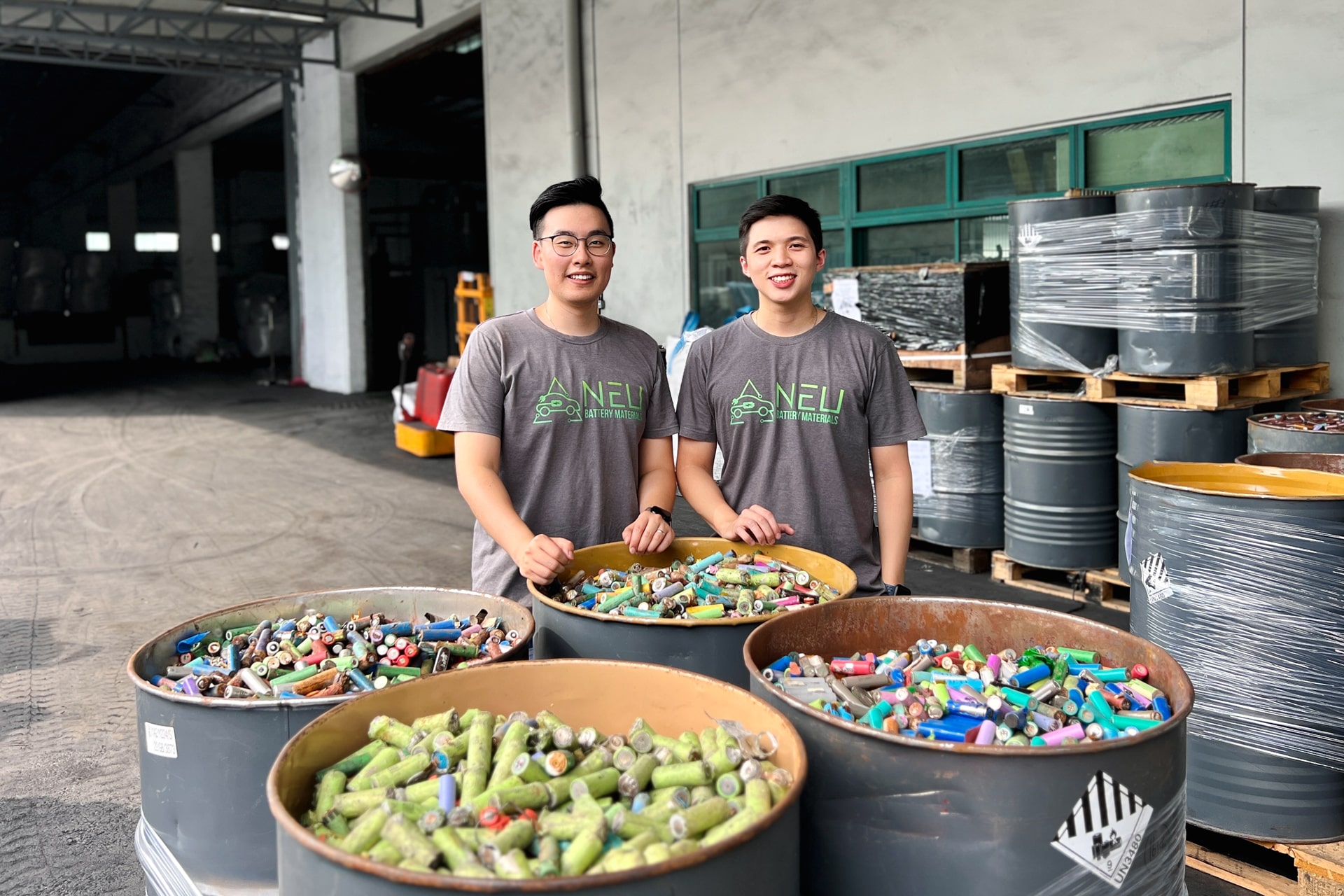On August 17, the EU’s new battery regulation officially came into effect. The regulation imposes requirements on the recycling rates of key materials in power and industrial batteries that will be sold in the European Economic Area in the future. This shift has once again drawn attention to the lithium-ion battery recycling industry.
In the past two years, the adoption of new energy vehicles has been increasing in China, leading to rapid expansion of the country’s lithium-ion battery recycling market. However, the battery recycling market has long suffered from issues of being small-scale, decentralized, and disorganized, resulting in environmental pollution and resource wastage. In particular, the traditional “sampling” method used in the recycling process is both costly and inefficient, often failing to extract the maximum value from retired batteries. The outdated methods are therefore in urgent need of reform.
Amidst these challenges, blockchain technology has showcased potential to reduce costs and improve efficiency in the lithium-ion battery industry.
AntChain, the blockchain arm of Ant Group, has been collaborating with electric two-wheeler battery swap company Dudu Power since last year. This partnership has introduced blockchain technology to tens of thousands of batteries placed at Dudu Power’s 4,000 battery swap stations.
According to 36Kr, battery recycling companies typically disassemble battery packs and inspect the health of each battery cell, before selecting suitable cells for reassembly into new battery packs for cascaded use. A more primitive method is to disassemble and crush retired batteries as if they were waste materials.
Blockchain technology, a distributed ledger technology known for its traceability and tamper-resistant properties, can facilitate the transfer of highly reliable battery data to downstream recycling companies, reducing inspection costs and ensuring better subsequent utilization.
AntChain’s blockchain communication module is connected to Dudu Power’s battery management system (BMS), ensuring data for each individual battery cell, including power levels, charge and discharge cycles, and battery health, is securely recorded on the blockchain.
Liao Zhicheng, founder of Dudu Power, said that this has allowed recycling companies to access data of every retired Dudu battery online, significantly reducing inspection costs. “With the introduction of blockchain technology, Dudu Power can sell high-quality retired battery packs for three times the previous price during the recycling process,” Liao said.
Furthermore, because blockchain technology enables more efficient utilization, AntChain estimates that the efficiency of retired batteries can increase by 20–30%.
Chen Zhong, director of Peking University Blockchain Research Center, said that blockchain technology can accurately record the entire lifecycle of batteries, including its production date and usage history, providing an immutable history that has a positive effect on the circulation, utilization, and recycling of batteries.
The collaboration with Dudu Power is just one example of AntChain’s applications. AntChain has reportedly built the world’s largest blockchain platform for new energy devices, with over eight million registered new energy devices.
AntChain’s linked devices are not limited to two-wheeled electric vehicles but also their four-wheeled counterparts, energy storage batteries, and more. AntChain has partnered with battery recycling and energy storage companies like Saft and Jiecheng New Energy, hoping to build an ecosystem around battery recycling.
“The new energy industry naturally involves the interconnection of all things. Its operation involves a large number of transaction parties and massive data, which naturally leads to trust issues. It is an ideal scenario for applying blockchain technology,” said Zhao Liangliang, deputy general manager of AntChain’s trusted industry products division. AntChain is also exploring other use cases and scenarios in the new energy industry, hoping to use blockchain technology to address more industry pain points and contribute to the development of China’s new energy industry.
KrASIA Connection features translated and adapted content that was originally published by 36Kr. This article was written by Wang Fangyu for 36Kr.

